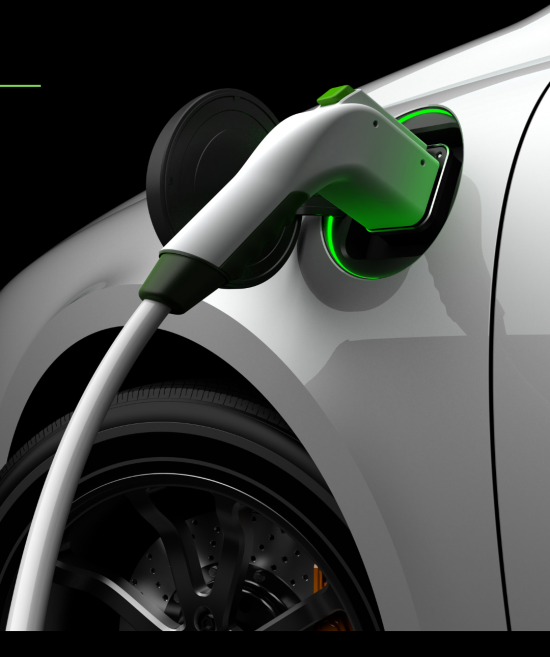
Navigating Electric Vehicle Considerations for Homeowners: A Guide to Seamless Transition
The evolution of electric vehicles (EVs) has ushered in a new era of eco-conscious and cost-effective transportation. With improved range options and increasingly competitive pricing, more drivers are contemplating the switch from traditional combustion engines to electric-powered cars. However, while the advantages of EVs are undeniable, they do present unique challenges that homeowners should be ready to address. Fortunately, with a bit of foresight and planning, these hurdles can be easily overcome, ensuring a smooth transition to electric vehicle ownership.
Charging Infrastructure
One of the primary considerations for homeowners looking to switch to an electric vehicle is establishing a charging infrastructure at home. Unlike traditional gas-powered cars, EVs require access to charging stations, which can be set up either through specialized charging equipment or a standard electrical outlet.
Installing a home charging station, such as a Level 2 charger, offers faster charging times and greater convenience. Homeowners should assess their electrical systems to ensure they can support the additional power demand and consider consulting with a certified electrician for installation.
For those unable to install a dedicated charging station, utilizing a standard electrical outlet is a viable alternative, although it may result in longer charging times. Planning for regular overnight charging can mitigate this issue, ensuring the vehicle is ready for daily use.
Costs and Savings
While the initial purchase price of an EV may be higher than that of a conventional vehicle, the long-term savings can be significant. Homeowners can benefit from reduced fuel costs, lower maintenance expenses due to fewer moving parts, and potential tax incentives or rebates offered for EV purchases.
Additionally, incorporating renewable energy sources, such as solar panels, can further offset charging costs and reduce the carbon footprint associated with EV ownership. Analyzing the return on investment for these sustainable energy solutions can provide substantial savings in the long run.
Range Anxiety and Charging Networks
Range anxiety, the fear of running out of battery power before reaching a charging station, remains a concern for some prospective EV owners. However, advancements in battery technology have led to increased driving ranges, alleviating this apprehension to a large extent.
Moreover, the expanding network of public charging stations and mobile apps that locate charging points has made it easier for EV drivers to plan longer journeys. Homeowners can explore available charging networks in their area and consider investing in memberships or access cards for added convenience.
Environmental Impact
Beyond the cost savings and convenience, choosing an electric vehicle aligns with efforts to reduce carbon emissions and combat climate change. By opting for an EV, homeowners contribute to a cleaner environment by reducing greenhouse gas emissions associated with traditional gasoline-powered cars.
Final Thoughts
Transitioning to an electric vehicle as a
homeowner involves careful planning and consideration of various factors. Establishing a reliable charging infrastructure, evaluating the financial implications, addressing range concerns, and understanding the environmental impact are essential steps towards embracing electric vehicle ownership.
With the continued advancements in EV technology and the growing support for sustainable transportation initiatives, homeowners can confidently make the switch to electric vehicles, enjoying the benefits of eco-friendly and cost-effective driving experiences while contributing to a greener future.